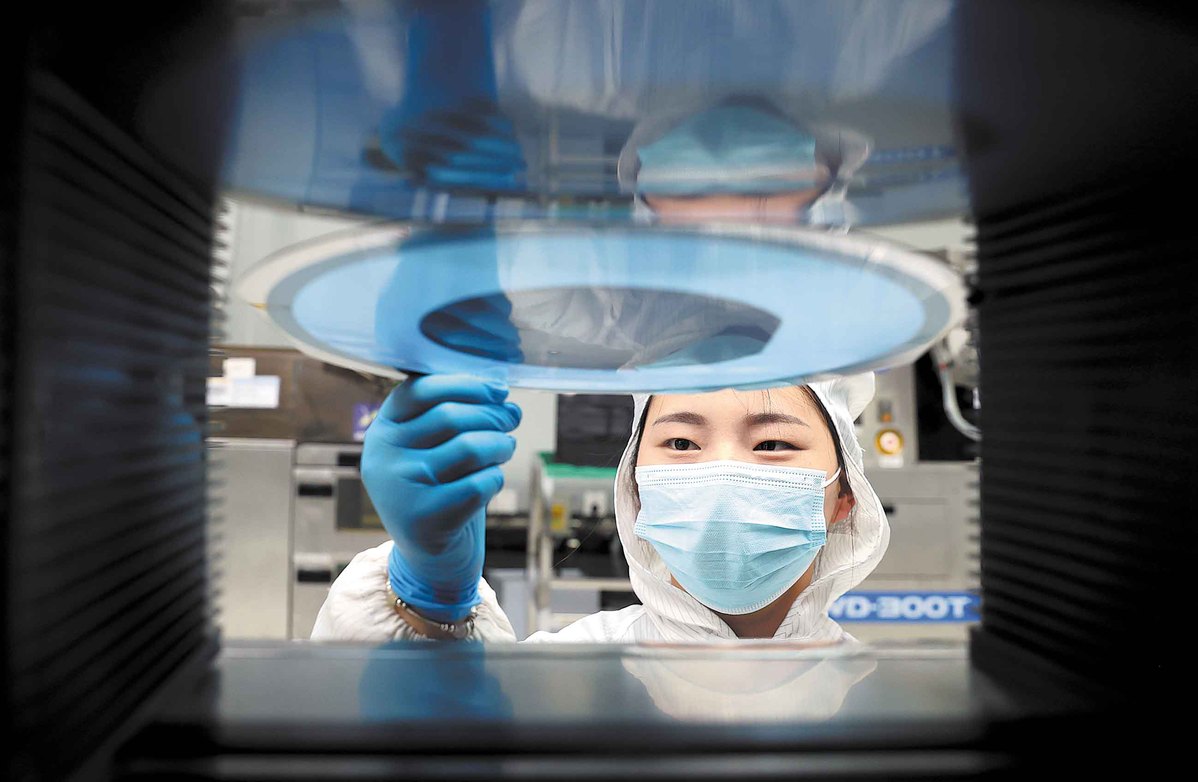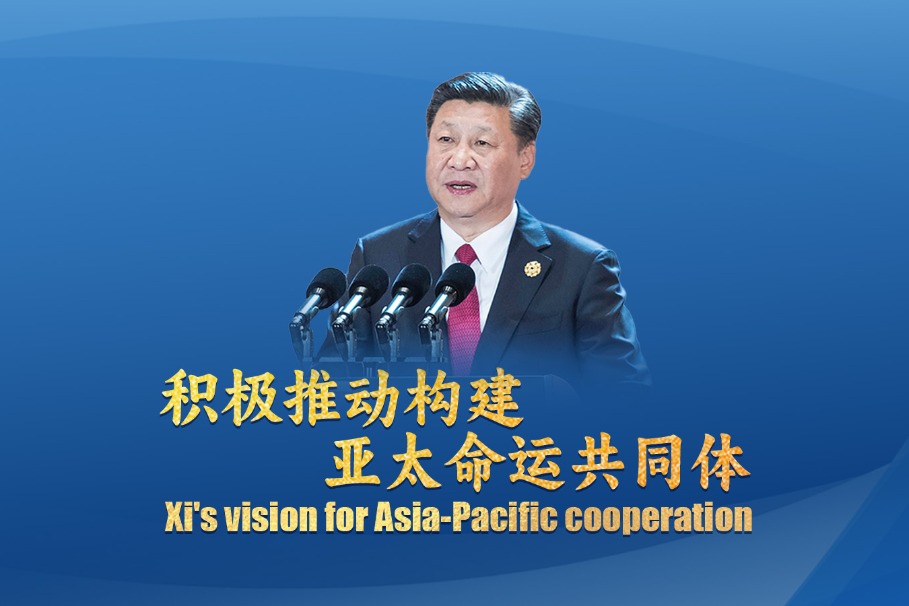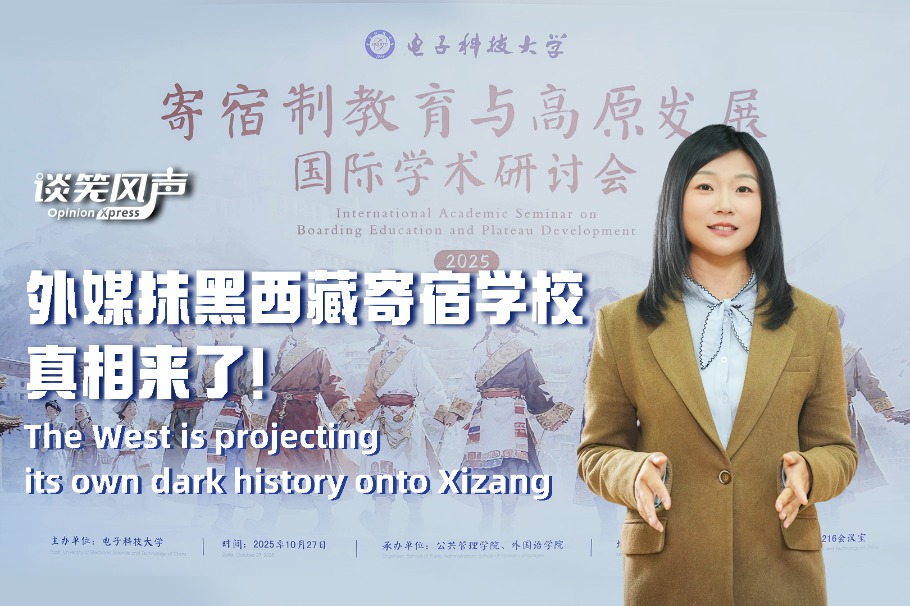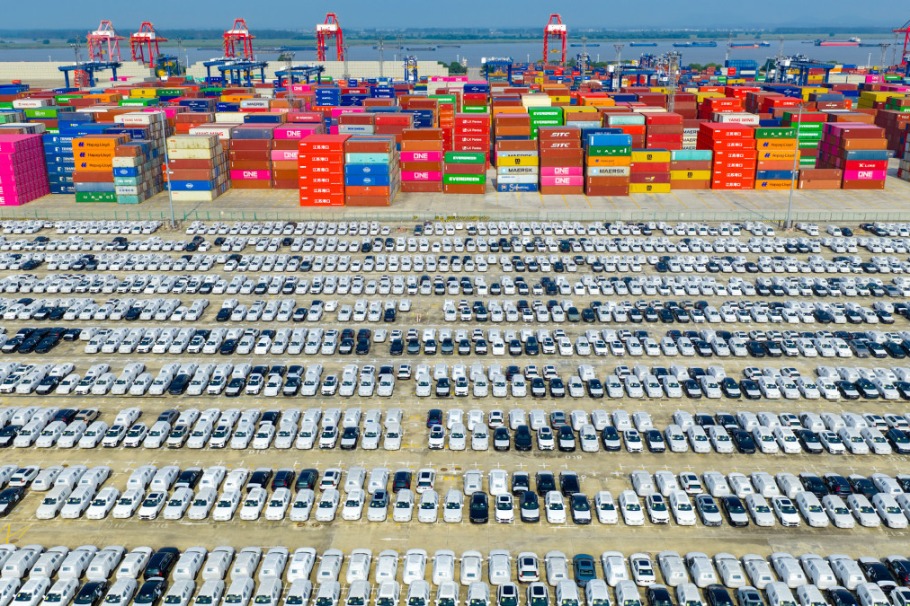Upgraded manufacturing premise for progress

Editor's note: The 20th Central Committee of the Communist Party of China convened its fourth plenary session last week. It deliberated on the recommendations for the 15th Five-Year Plan (2026-30), which will provide a comprehensive road map for China's modernization drive over the next five years. Zheng Yongnian, dean of the School of Public Policy at The Chinese University of Hong Kong, Shenzhen, spoke to the 21st Century Business Herald on how the objectives can be achieved. Below are excerpts from the interview. The views don't necessarily represent those of China Daily.

One of the major recommendations for the 15th Five-Year Plan is substantial improvements in the country's scientific and technological self-reliance and strength. China's focus has shifted from emphasizing quantitative investment to prioritizing qualitative breakthroughs.
Against the backdrop of an increasingly complex and volatile international environment, it is essential to fully leverage the advantages of China's new system for mobilizing resources nationwide and to increase investment in science and technology, and research and development.
During the 14th Five-Year Plan (2021-25) period, China achieved numerous breakthroughs in science and technology, which greatly boosted the nation's economic development and laid a solid foundation for the 15th Five-Year Plan. Therefore, the objective of substantial improvements in scientific and technological self-reliance has become more important than ever.
This objective is also closely linked to new quality productive forces. These will be given strategic significance in the 15th Five-Year Plan period, embodying the logic and theoretical framework of Chinese modernization. It signals both a shift in China's understanding of development trends and the tangible progress of the country's innovation capacity.
In recent years, China has consistently placed great emphasis on developing high-end manufacturing. Any form of innovation must be reflected in manufacturing, which remains the foundation of China's economy and its "advantage among advantages", as the country possesses the most complete industrial categories in the world.
In cutting-edge technologies, China has moved from following to running alongside global leaders. In some areas, it is even nosing ahead. Manufacturing, especially advanced manufacturing, is a strategic sector that China must neither abandon nor waver on. The construction of a modern industrial system must proceed under this premise.
The issue of insufficient consumption in China has been discussed at length by economists. While the country's consumption rate still has room to grow, it is closely linked to economic development. It is not possible to stimulate consumption and increase the consumption rate by simply distributing cash. It requires developing the real economy and manufacturing because continuous wealth creation is the key to enhancing the overall consumption capacity.
In recent years, China has increasingly placed emphasis on soft infrastructure. Hard infrastructure, such as highways, bridges and high-speed railways, is already highly developed in the country. The focus has now shifted from investing in physical assets to investing in people, which is a significant transformation in the development model. Human capital investment should be closely linked to the needs of high-tech innovation and industrial upgrading. At its core, global technological competition is a competition for talent. This is why China is building strength in education, science, technology and human resources and promoting them in a coordinated manner.
Ultimately, the purpose of economic and technological development is to improve people's livelihoods. Despite the advanced levels of technological and economic development in some developed economies, serious livelihood issues have emerged there, leading to deep social divisions and frequent social tensions.
This is an important lesson for China. Placing strong emphasis on people's well-being is necessary as human development is the fundamental goal of economic progress.
































